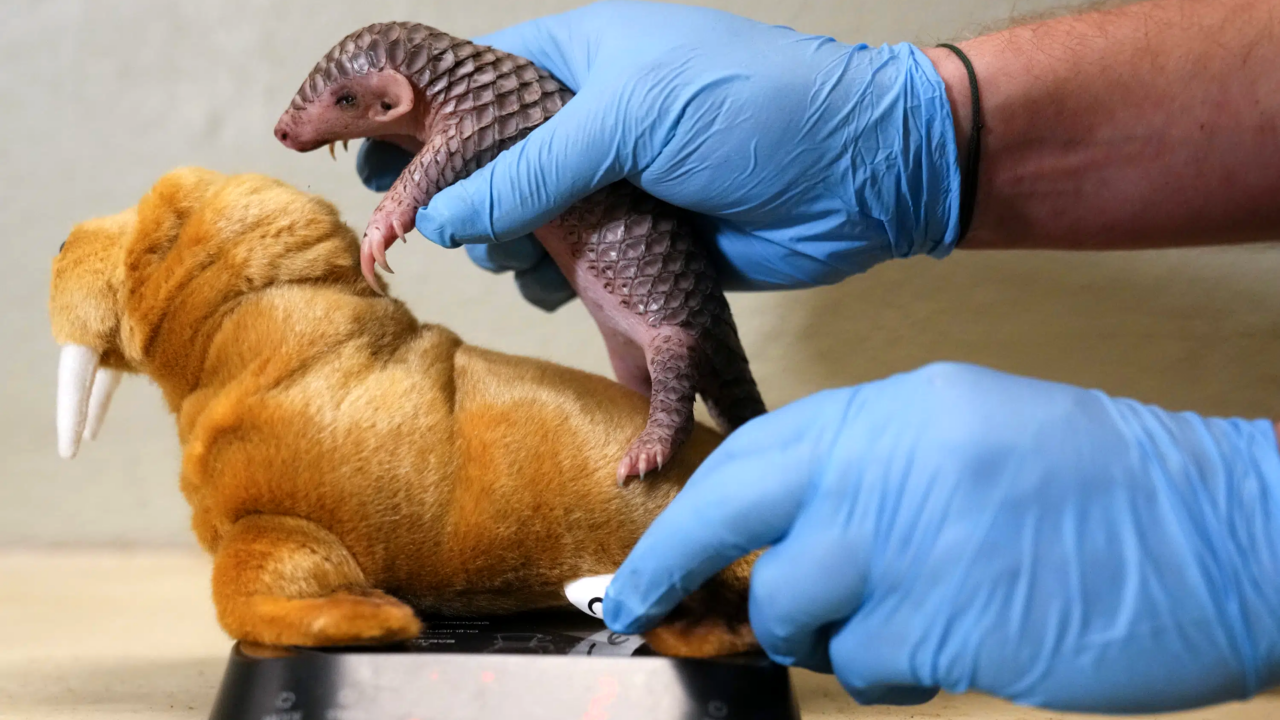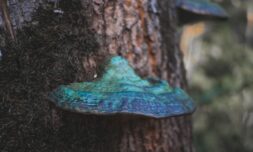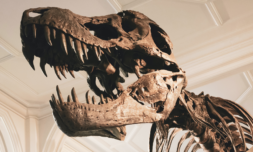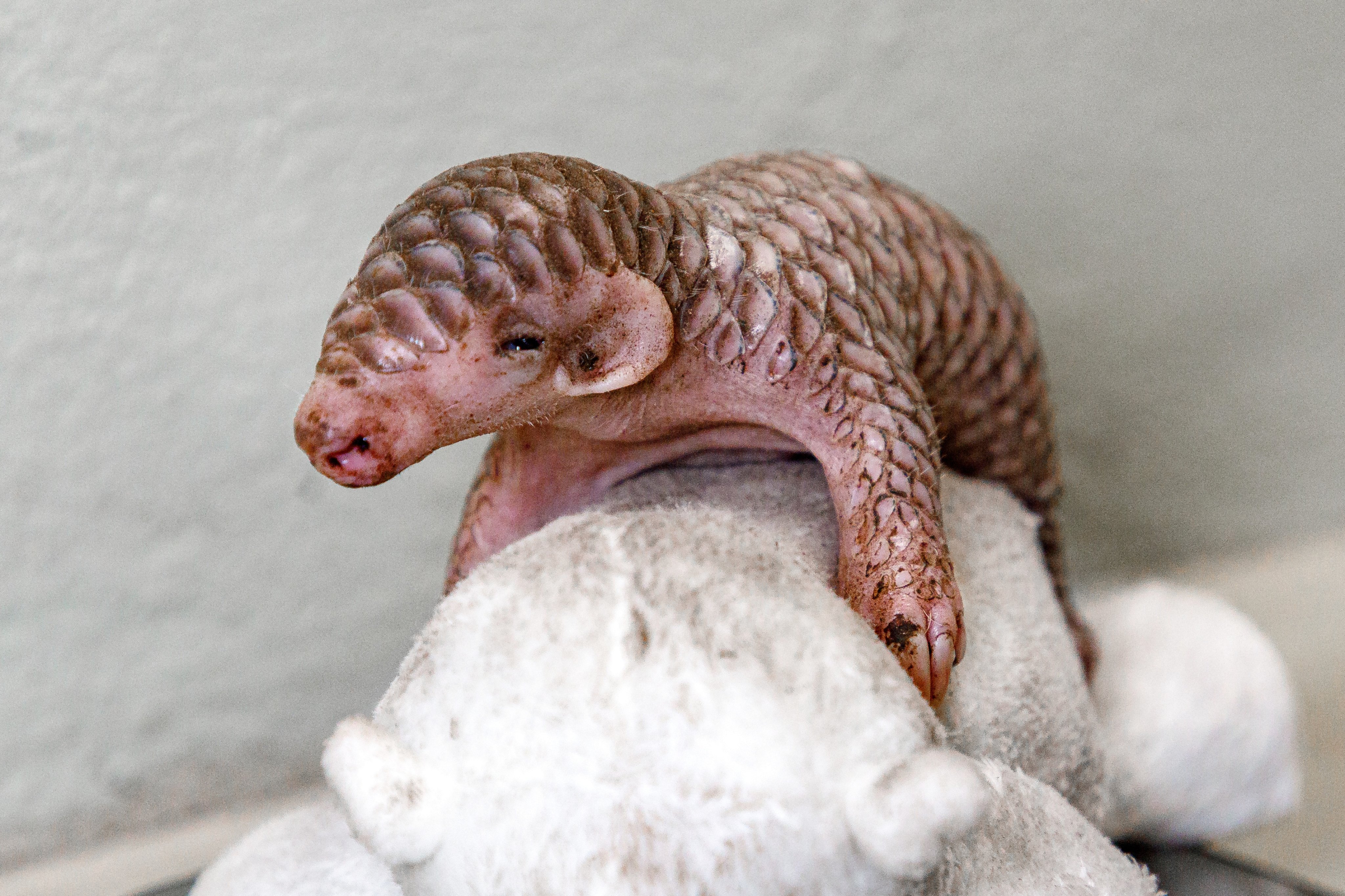The first-ever birth of a baby pangolin in a European zoo is a beacon of hope for native species on the brink of extinction. What can we learn from this successful breeding trial?
Around the world, native species – animals and plants found only in specific regions or countries – are starting to disappear rapidly.
Most native flora and fauna populations have unique adaptations which enable them to live within these precise conditions, meaning their population numbers are relatively low compared to common organisms.
However, the last few decades have been particularly strenuous. With urbanisation, climate change, and poaching on the rise, the number of native species found in the wild is dropping even lower.
The hasty expansion of cities combined with an increasing need for residential space globally has led to the clearing of natural habitats where rare and native species once thrived in abundance.
Hotter temperatures and lack of rainfall due to our changing climate have made it near impossible for natural environments and food sources to sustain themselves.
Finally, animal poaching – though, in many cases, illegal or regulated by law – threatens species already existing in low numbers when the creature is believed to host luck or remedial value.
One species on the cusp of extinction is offering a glimmer of hope for animals experiencing dwindling populations. At a zoo in Prague, a Chinese pangolin has been born and has survived, so far, for about a month.
It is the first pangolin to ever be born in Europe.























